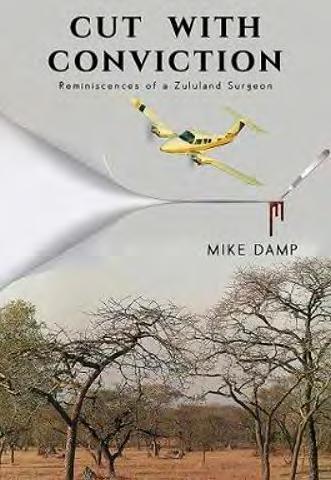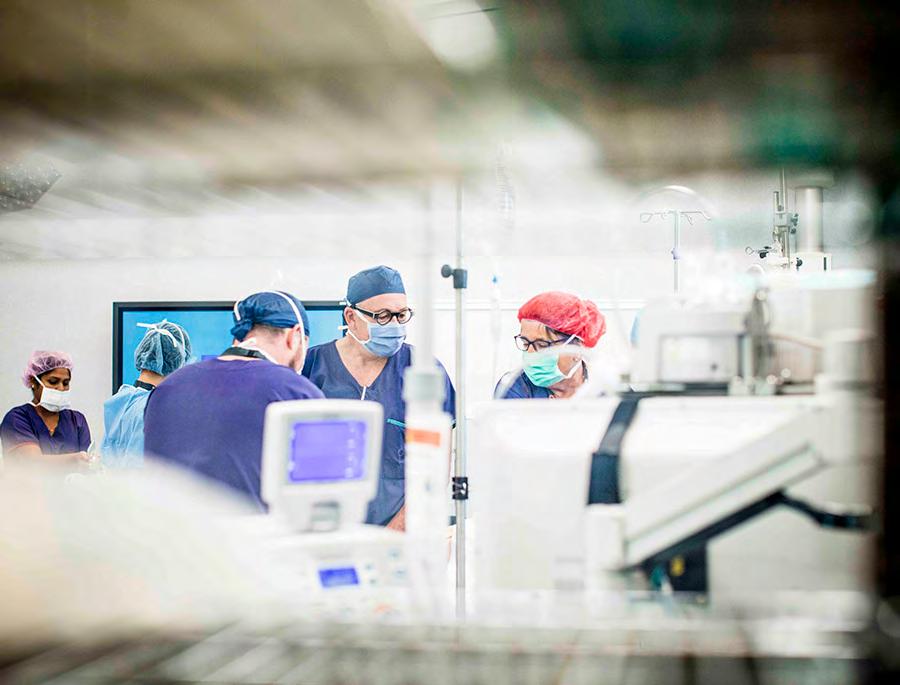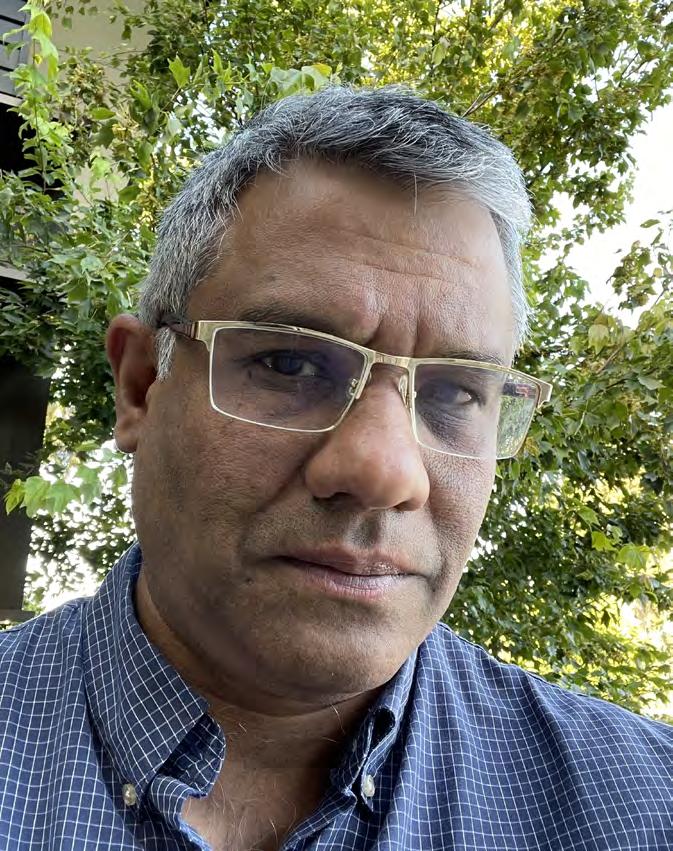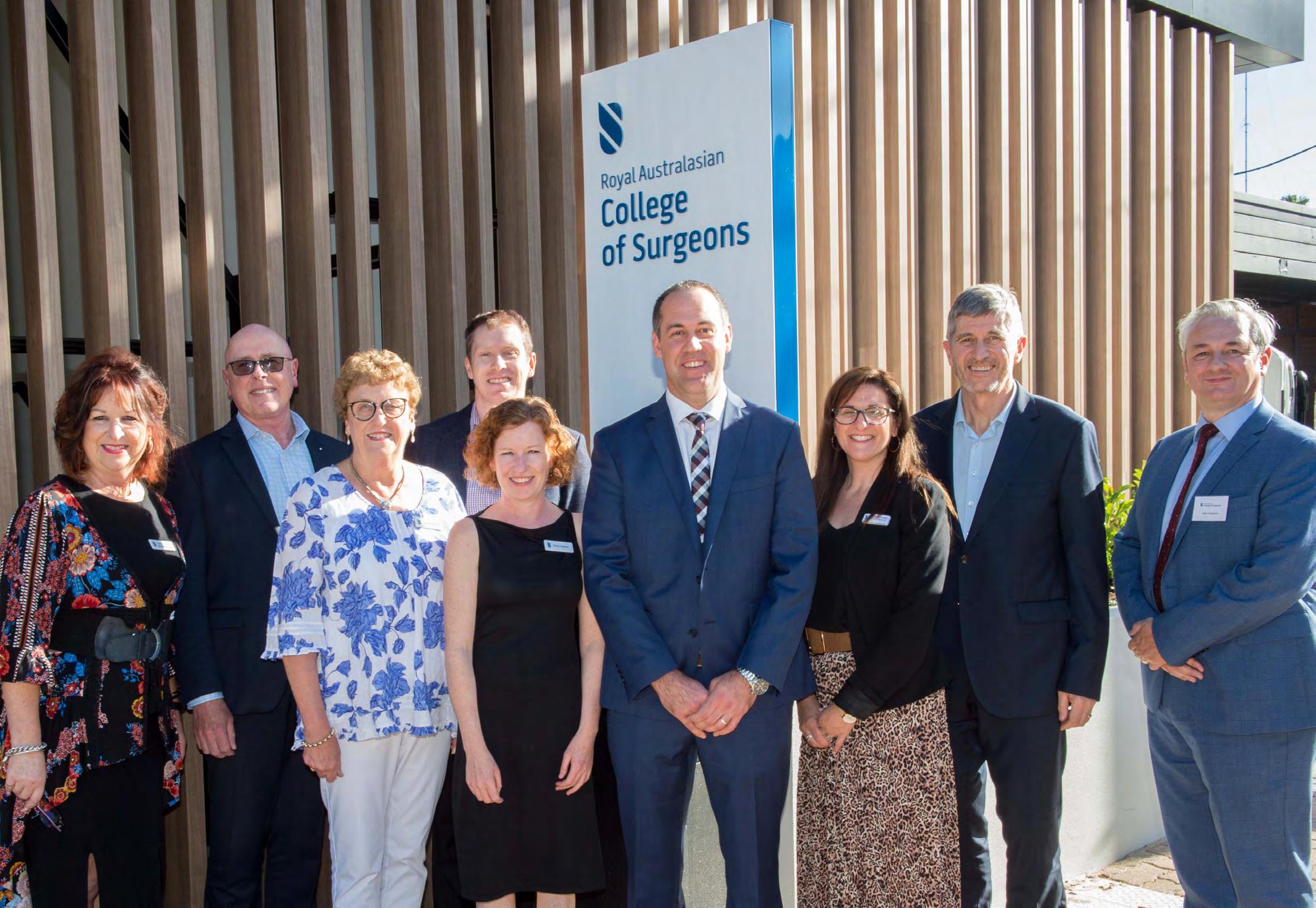24
Fellow contribution
Dispatch from New York
Dr Diana Kirke’s COVID-19 experience I clearly remember one of my final days at work before our second daughter was born. It was 12 March 2020, and I was at Elmhurst Hospital Center in Queens, New York City. I work there twice a week as part of my role as Assistant Professor at Mount Sinai Hospital, where I am both a laryngologist and head and neck microvascular surgeon. That particular day we had our first suspected COVID-19 case in the clinic and the residents came to me, looking for guidance. Their anxiety reflected the mounting tension in both the city and its hospitals since the first case had been diagnosed on 1 March. By the end of the day our fears had been realised. As I left the hospital it resembled a scene out of an apocalyptic zombie movie, with hordes of unwell patients filing into the hospital and languishing in the entryway chairs. I was 37 weeks pregnant at the time and I rang my husband, Reade de Leacy, immediately and told him I did not believe it was safe for me to return to work. He had been saying that for weeks. I did go to work the following day at Mount Sinai Hospital but, perhaps rather fortuitously, I had our second child the following week on 18 March, two weeks early. I thought her early arrival was due to anxiety, but my obstetrician thinks it may have been because I had COVID-19, due to a similar trend of patients she was seeing. I will never know for certain, given the lack of testing at that time, but I do clearly recall having fatigue and extreme shortness of breath, to the point of feeling suffocated, the week prior. At the time I attributed these symptoms to being in my third trimester. The day of Elodie’s birth was chaotic. Everyone was extremely distracted by the surge of patients arriving at the hospital and rumours of the imminent city-wide shutdown. Elodie and I were out of the
hospital in under 36 hours and back home sheltering in place with my husband and our older daughter, Delphine. My husband, a neurointerventionalist also at Mount Sinai Hospital, soon found himself treating more strokes than usual due to increased COVID-19 related thromboembolism,1 and was ‘redeployed’ to the frontline to look after COVID-19 patients in Neuro-ICU. Every day he would return home, remove his clothes at the front door, place them directly into the washing machine and then jump immediately into the shower. These are practices we still partially adhere to. After our daughters were asleep we would have a daily debrief on the patients he was treating and the new developments, including the field hospital that was being built in Central Park across from the hospital and the new patient pods being built in order to expand bed space in the Mount Sinai atrium, originally designed by I. M. Pei, of the Louvre pyramids fame. I felt torn as I talked to my colleagues, who had very quickly pivoted to respond to the new normal.2 I clearly appreciated that I had a different role protecting our newborn and oldest daughter (which was certainly a challenge without any help), but I felt a sense of survivor’s guilt that I was not on the frontlines as I had been trained to be. To help alleviate this I did what I could remotely. I provided counsel with my residents at Elmhurst Hospital Center via weekly Zoom calls. This hospital, which is in one of the most ethnically diverse neighbourhoods in New York City, had very quickly turned into the epicentre of the epicentre. This group of residents, some of whom were interns, were now staffing their own ICU. Like my husband, they looked destroyed emotionally and physically. I rarely cry but they had me in tears on a
weekly basis with the stories they shared and the strength and teamwork they demonstrated. For a detailed account of their experience I highly recommend an article recently published in JAMA Otolaryngology Head & Neck Surgery, ‘If not us, who? And if not now, when?: Perspective from a COVID-19 Intensive Care Unit run by Otolaryngology residents.’3 For eight weeks I barely left our apartment, but we were luckier than most, having a large apartment (by New York City standards) with rooftop access. As the weather improved, we would picnic up there and audibly track the severity of the pandemic by the number of times we heard the ambulance sirens in an hour. This was easy for us to do as we live just down the street from Lenox Hill Hospital. At night, after the 7pm clap for essential workers, you could hear a pin drop. Anyone who has been to New York City would know how strange that is for the city that never sleeps. I returned to work after eight weeks on 18 May, approximately one month after the peak of the surge, when more than 2000 COVID-19 patients were




























